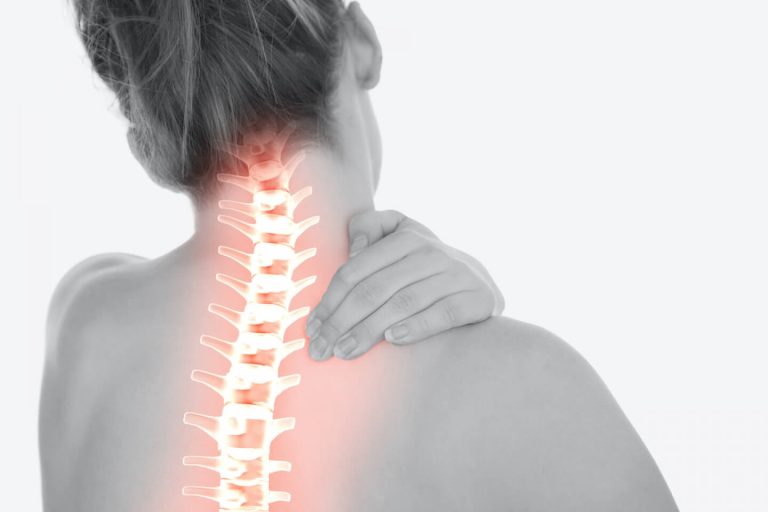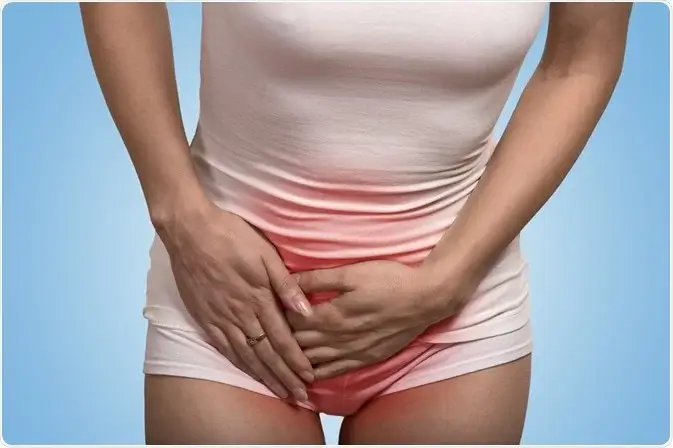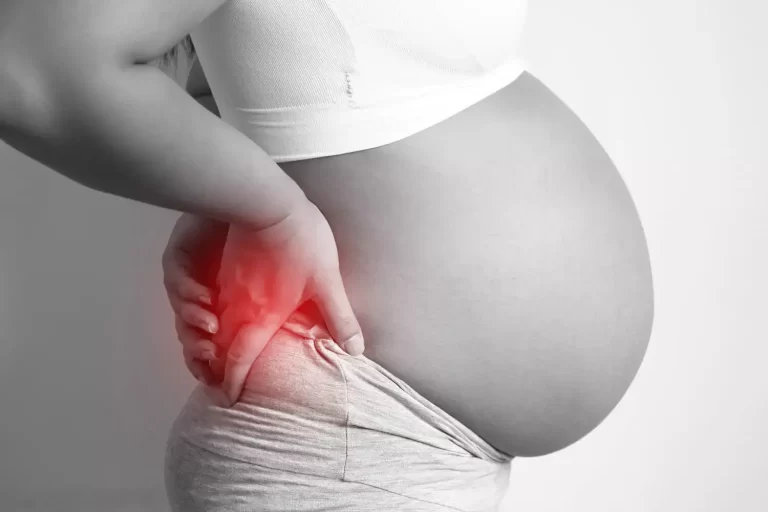Kidney Stone Pain in Clitoris and Other Symptoms in Women: What You Need to Know
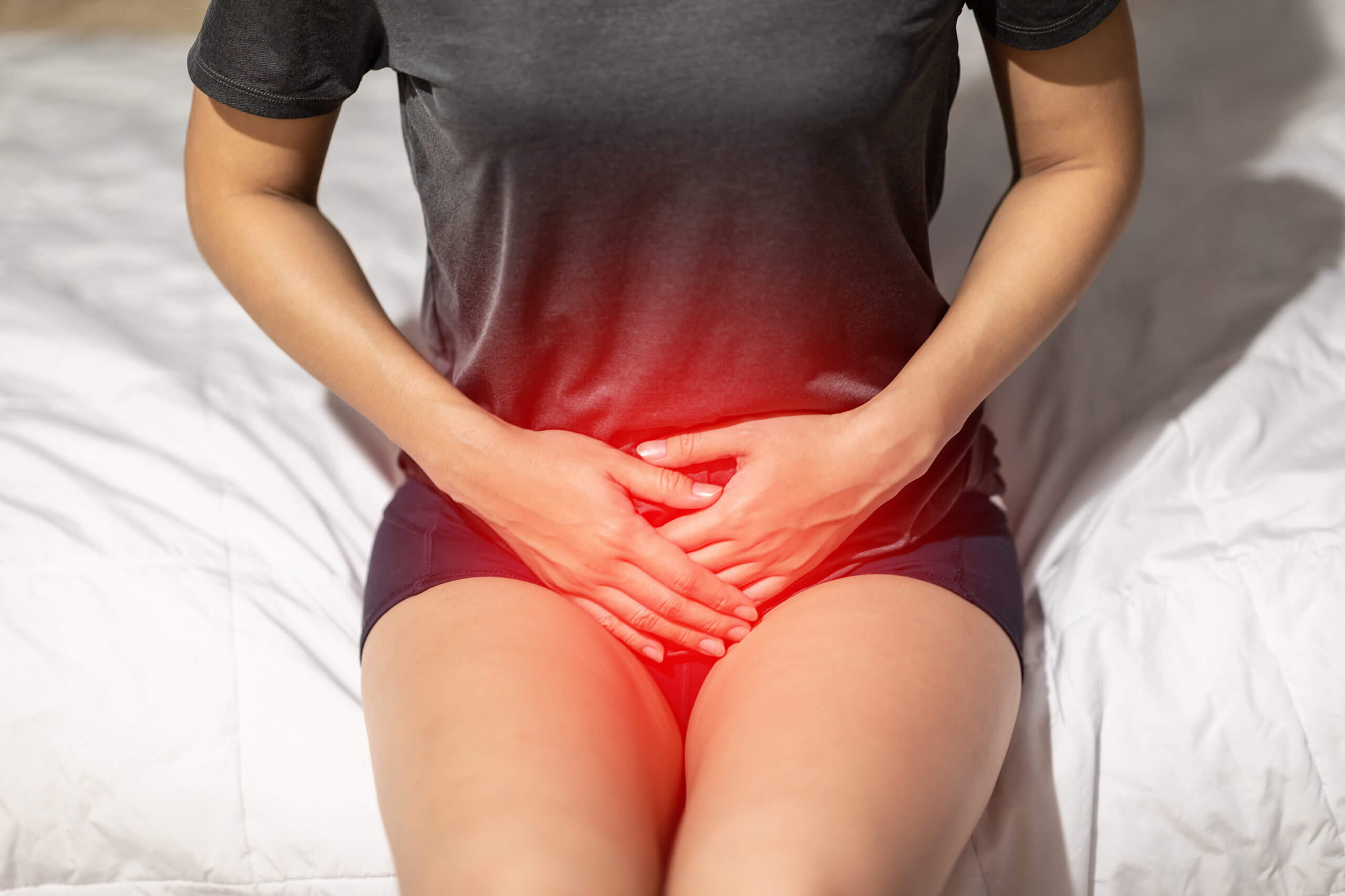
Kidney stones are a common condition affecting both men and women, but women may experience specific symptoms due to differences in anatomy and hormones. Kidney stones are formed when certain substances in the urine, such as calcium and oxalate, build up and form a hard crystal-like material. The stones can cause kidney stone pain in clitoris and discomfort as they move through the urinary tract.
Common Symptoms of Kidney Stones in Women
Back or Abdominal Pain: One of the most common symptoms of kidney stones in women is intense pain in the back, side, or lower abdomen. The pain may come and go and may be severe enough to cause difficulty standing or walking.
Pain or Burning During Urination: Women with kidney stones may experience pain or burning sensations when they urinate. This is due to the stones irritating the walls of the urinary tract.
Urinary Frequency or Urgency: Women with kidney stones may need to urinate more often or feel a strong, urgent need to go. This can be due to the stones blocking the flow of urine.

Cloudy or Bloody Urine: The presence of stones in the urinary tract can cause the urine to become cloudy or contain traces of blood. This is due to the stones irritating the walls of the urinary tract and causing microscopic bleeding.
Nausea and Vomiting: Some women with kidney stones may experience nausea and vomiting, which can be caused by the pain and discomfort associated with the condition.
Sweating or Chills: In some cases, women with kidney stones may experience sweating or chills, which can be a sign of an infection or fever.
Foul-smelling Urine: Women with kidney stones may notice that their urine has a strong, unpleasant odor. This can be due to the presence of bacteria in the urinary tract or to changes in the composition of the urine.
Kidney Stone Pain in Clitoris?
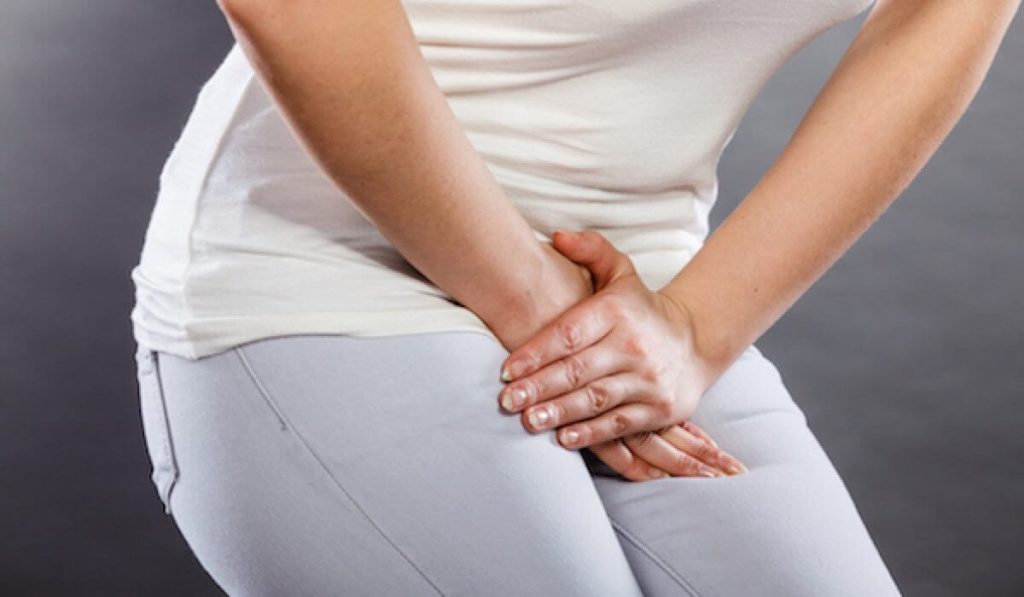
Pain in the clitoris is not typically considered to be an indicator of a kidney stone. However, kidney stones can cause pain and discomfort in the lower abdomen, which can sometimes be mistaken for pain in the genital area.
If you are experiencing pain in the clitoris or any other symptoms that may be related to a kidney stone, it is important to seek medical attention promptly for an accurate diagnosis and appropriate treatment. Your doctor may order tests, such as a urine test or ultrasound, to determine the cause of your symptoms and determine the best course of action.
How Symptoms Vary in Women
Differences in Symptoms Based on the Size and Location of the Kidney Stone: The symptoms of kidney stones can vary depending on the size and location of the stone within the urinary tract.
For example, larger stones may cause more intense pain and discomfort, while smaller stones may be asymptomatic. The location of the stone can also affect the symptoms experienced, with stones in the ureter causing more intense pain than stones in the kidney.

The Impact of Pregnancy on Symptoms: Pregnancy can impact the symptoms of kidney stones in women, as the uterus can put pressure on the urinary tract and cause discomfort. Pregnant women with kidney stones may experience more intense pain and discomfort and may be at increased risk of complications such as infection.
Women’s Sensitivity to Pain Compared to Men: Women may be more sensitive to pain compared to men, and this can impact their experience of kidney stones. Women may experience more intense pain and discomfort and may have a lower threshold for seeking medical attention.
When to Seek Medical Attention
Severity of Symptoms: If you are experiencing severe pain or discomfort, it is important to seek medical attention promptly. This can help to prevent complications and ensure that you receive appropriate treatment.
Presence of Fever or Persistent Vomiting: If you have a fever or are vomiting persistently, it is important to seek medical attention as these symptoms can be signs of an infection or other serious condition.
Difficulty Passing Urine: If you are experiencing difficulty passing urine or have a decreased urine output, it is important to seek medical attention as this can be a sign of a blockage in the urinary tract.

Suspected Urinary Tract Infection: If you have symptoms of a urinary tract infection, such as pain or burning during urination, frequent urination, cloudy or bloody urine, or a strong, unpleasant odor to your urine, it is important to seek medical attention promptly.
In general, if you are experiencing any symptoms of kidney stones, it is important to seek medical attention promptly. This can help to prevent complications and ensure that you receive appropriate treatment.
Your doctor may order tests, such as a urine test or ultrasound, to diagnose the presence of kidney stones and determine the appropriate course of treatment. In some cases, treatment may involve medication to relieve pain and discomfort, or surgery to remove the stones.
Prevention
Kidney stones can be prevented in women by making lifestyle changes, such as drinking enough fluids, eating a balanced diet, and avoiding foods and drinks that can increase the risk of stone formation.
For example, women should limit their intake of salt, animal protein, and oxalate-rich foods, such as spinach, rhubarb, and nuts. Women should also aim to drink at least 2-3 liters of fluids per day to help flush out the urinary tract and prevent the buildup of stone-forming substances.
Final Thoughts
In conclusion, kidney stones are a common condition that can affect women and cause specific symptoms due to differences in anatomy and hormones. Women should be aware of the common symptoms of kidney stones, including back or abdominal pain, pain or burning during urination, urinary frequency or urgency, cloudy or bloody urine, nausea and vomiting, sweating or chills, and foul-smelling urine.
While kidney stone pain in the clitoris is not typically considered an indicator of the condition, women should seek medical attention promptly if they are experiencing any symptoms that may be related to a kidney stone. With early recognition and treatment, kidney stones can be effectively managed, and complications can be prevented.
FAQ
How do you know if a kidney stone is stuck in the urethra?
When a kidney stone is stuck in the urethra, it can cause severe pain in the lower abdomen, groin, or genitals, as well as pain or burning sensations during urination. Other symptoms may include urinary urgency or frequency, cloudy or bloody urine, and difficulty passing urine.
Do kidney stones hurt your pelvic area?
Yes, kidney stones can cause pain in the pelvic area, as well as in the lower back, side, or abdomen. The pain may be severe and come in waves, and may be accompanied by other symptoms such as nausea, vomiting, and sweating.
What does it feel like when a kidney stone gets to the urethra?
When a kidney stone reaches the urethra, it can cause intense pain and discomfort in the genital area, as well as pain or burning sensations during urination. The pain may be severe and come in waves, and may be accompanied by other symptoms such as urinary urgency or frequency, cloudy or bloody urine, and difficulty passing urine.
Can kidney stones cause pain in penis?
Yes, kidney stones can cause pain in the penis, as well as in the lower back, side, or abdomen. The pain may be severe and come in waves, and may be accompanied by other symptoms such as urinary urgency or frequency, cloudy or bloody urine, and difficulty passing urine.
How long can a kidney stone stay in the urethra?
The length of time a kidney stone can stay in the urethra can vary depending on the size and location of the stone, as well as other factors such as hydration and urinary tract infections. In general, smaller stones may pass through the urethra more quickly, while larger stones may take longer to pass or may require medical intervention.
Can you push a kidney stone out of urethra?
In some cases, small kidney stones may be able to be pushed out of the urethra through natural means such as drinking plenty of fluids, taking pain medication, and doing certain exercises. However, larger stones or stones that are lodged in the urethra may require medical intervention such as extracorporeal shock wave lithotripsy or surgery to remove.


